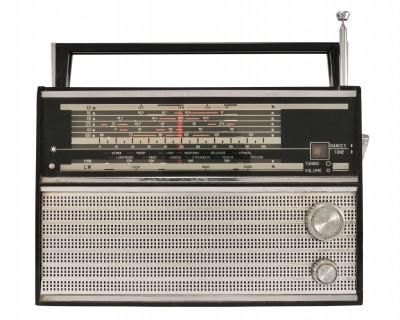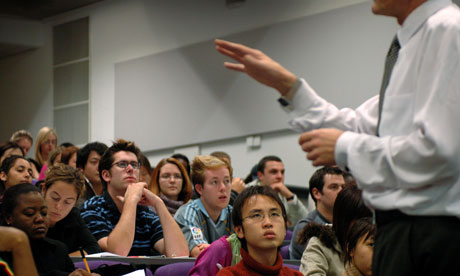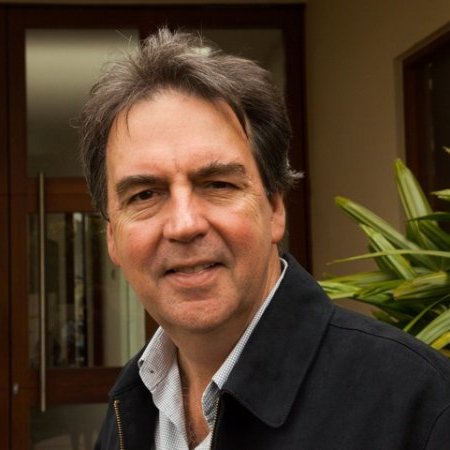Where has all the talent gone?

A quarter of a century ago, commercial radio was the industry, in which everyone wanted to have a job. It was glamorous.
Even as a teenager, you could be the local star in one of hundreds of regional centres across Australia.
Kids leaving school would take a train at their own expense to places like Charleville, Mildura, Parkes or Longreach, not for the chance of actually getting a job that was way too much to hope for, but for the possibility that the manager might deign to meet with them.
Perhaps, he might even give them some fatherly advice on a radio career or listen to their audition tape.
What’s changed?
Well, I believe it comes down to ‘expectations’.
Today, most people wanting to get into radio go to a radio school in the city.
Some even get the opportunity to go to sophisticated schools, like AFTRS, or, Flinders University; both great educational academies for this business.
 At radio school, they learn the theory of being a radio announcer from people, usually from an earlier generation, who themselves have previously done the hard yards in the bush.
At radio school, they learn the theory of being a radio announcer from people, usually from an earlier generation, who themselves have previously done the hard yards in the bush.
Because most of the graduates of radio schools have been brought up in the city and never ventured west, their expectation is that their talent is unlimited, of course, it will be in big demand by programmers, and, their desire to start on a minimum announcer’s wage in a dusty regional town is about as appealing as root canal.
So, they start their job applications in the city; with the big FMers, of course.
Some eventually lower their expectations, when reality starts to bite and the reject letters arrive.
With dented egos, they expand their applications to the largest regional centres – Newcastle, Wollongong, Canberra, the Gold and Sunshine Coasts – and at a stretch Toowoomba, Townsville, Bathurst or Geelong.
 When they’re still not successful, many simply give up and become public servants; the pay is certainly better and so are the benefits!
When they’re still not successful, many simply give up and become public servants; the pay is certainly better and so are the benefits!
This attitudinal change has literally starved many regional stations of talent.
It’s a big problem.
But, it has also had the reverse effect, and, has started to starve potentially great announcers of the opportunities to make their big mistakes on stations of a size, where, even catastrophes, can be forgiven and forgotten.
Top on-air metro talent don’t usually start out that way.
They get there by taking jobs on small stations, refining their craft, becoming the best they can be and learning by their mistakes – only then, moving on to bigger markets.
Unfortunately, the lack of announcers willing to go out to regional markets has forced small and medium sized stations to look for other solutions, that have ultimately reduced the number of positions now available.
While mandatory local content rules have forced regional commercial stations to have at least one announcer at each station, without a reliable, quality talent pool to draw on for additional positions, many stations have turned to networking and automation systems to fill their broadcast hours, eliminating the needs for local announcers.
It’s become a vicious circle that does nobody any favours.
About The Author:
 Brad SMART has been a journalist, consultant, author, broadcaster, film director and was the former owner of the Smart Radio Network throughout Queensland.
Brad SMART has been a journalist, consultant, author, broadcaster, film director and was the former owner of the Smart Radio Network throughout Queensland.
Brad can be contacted at [email protected]



